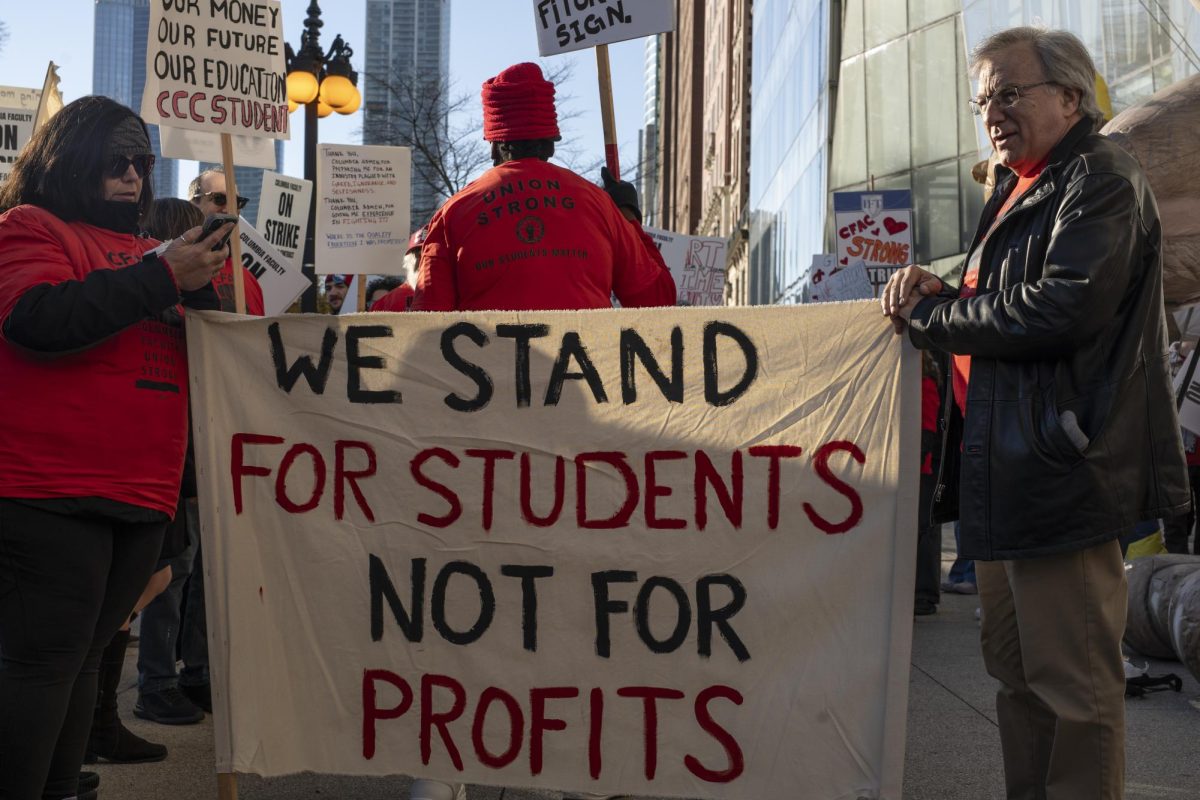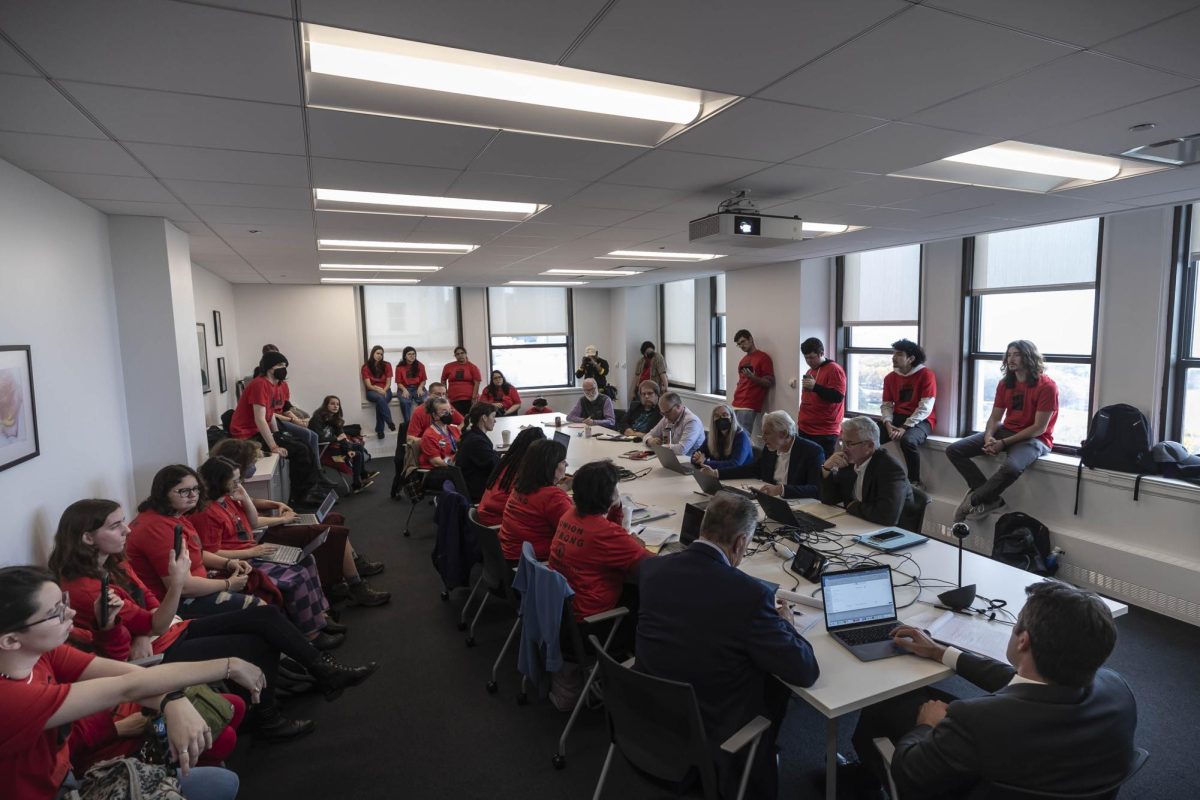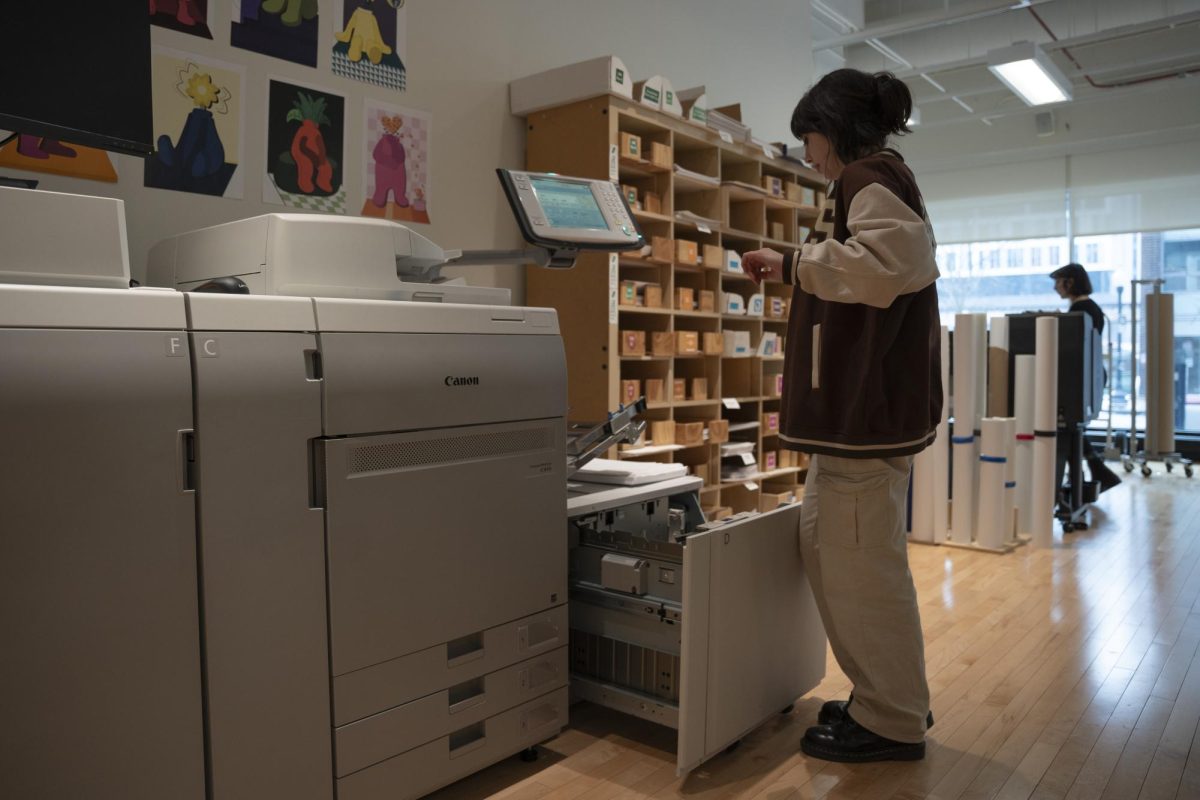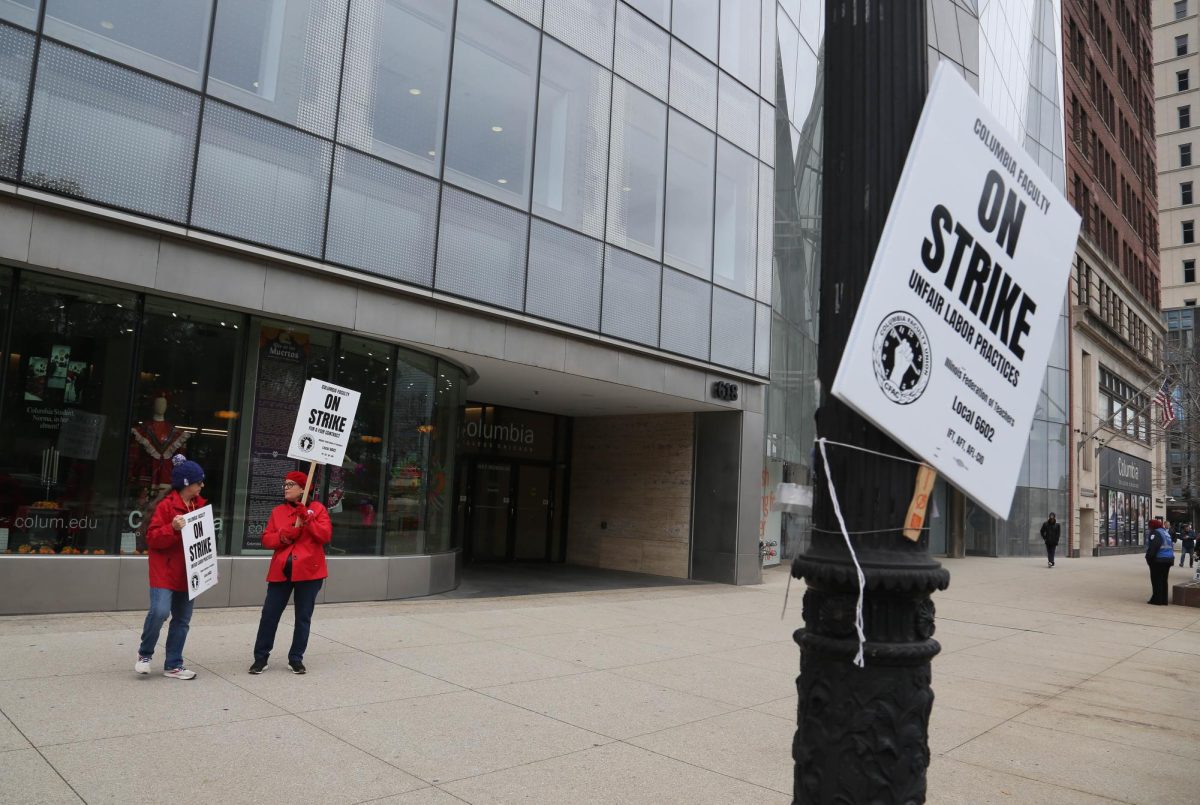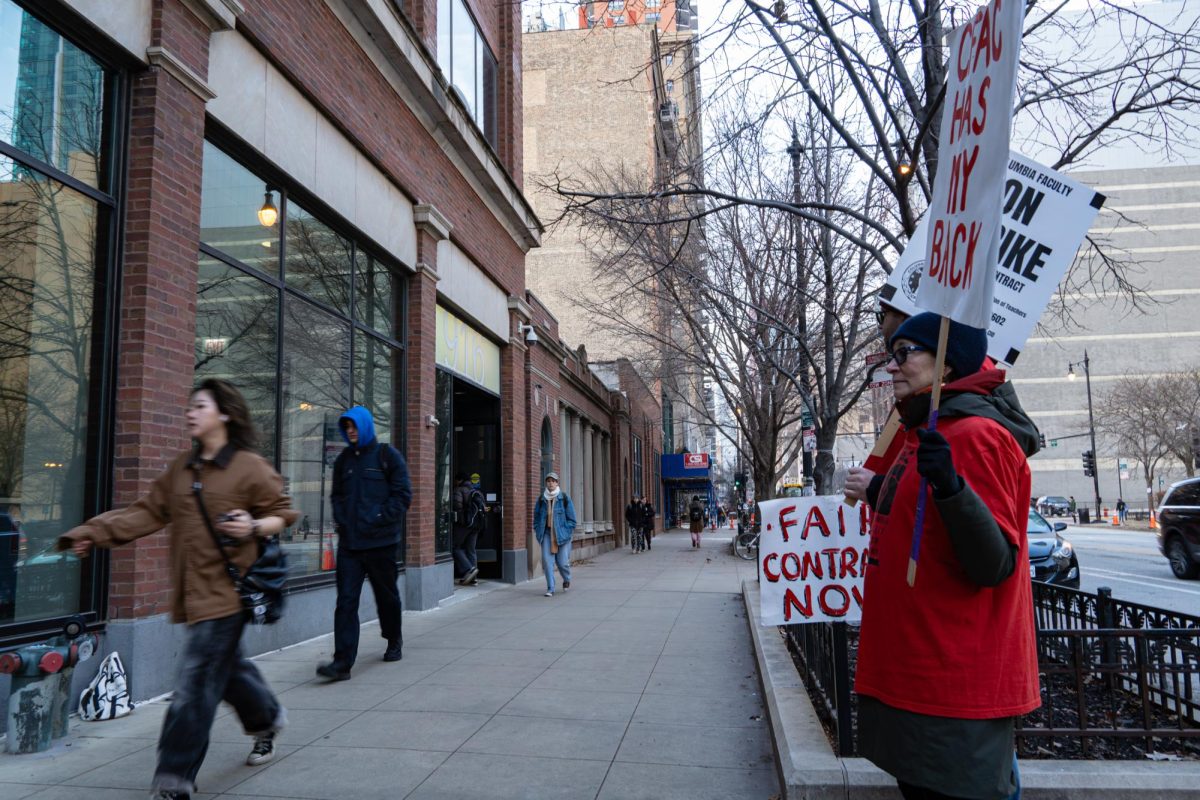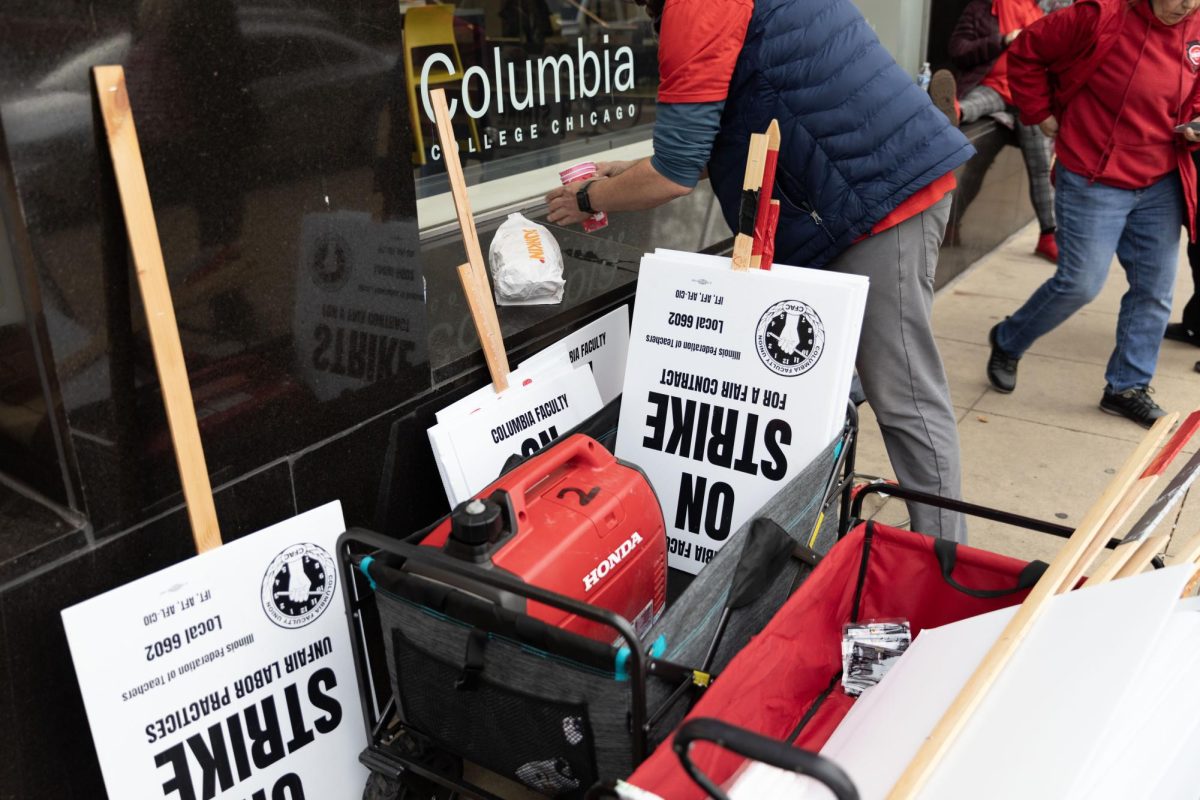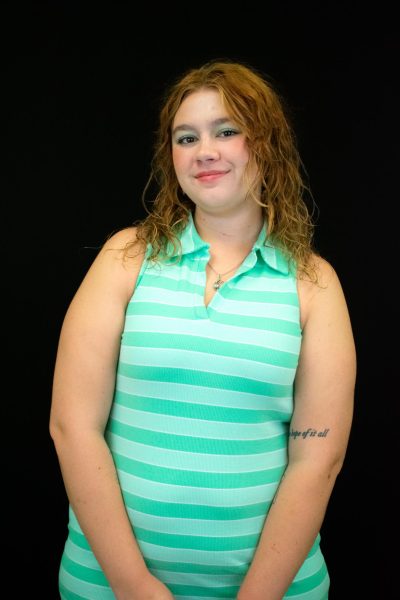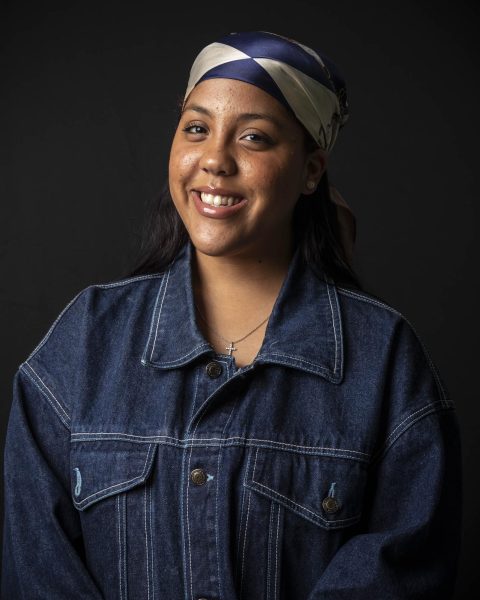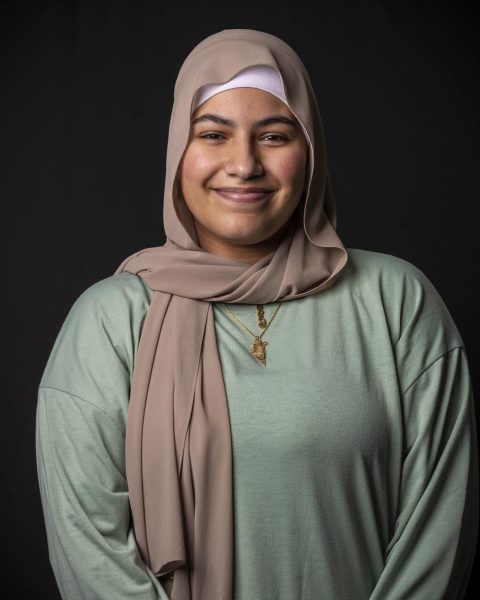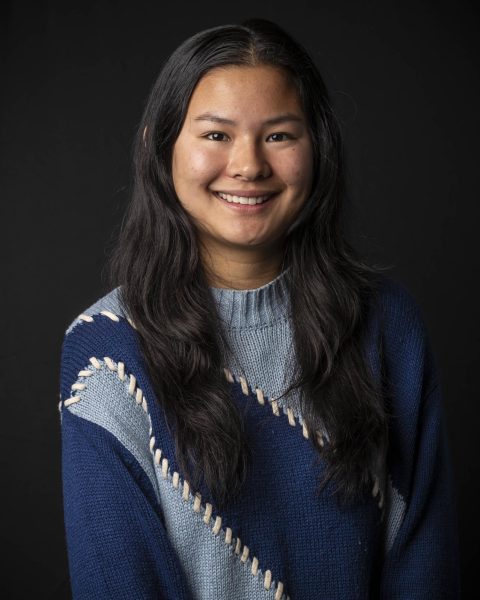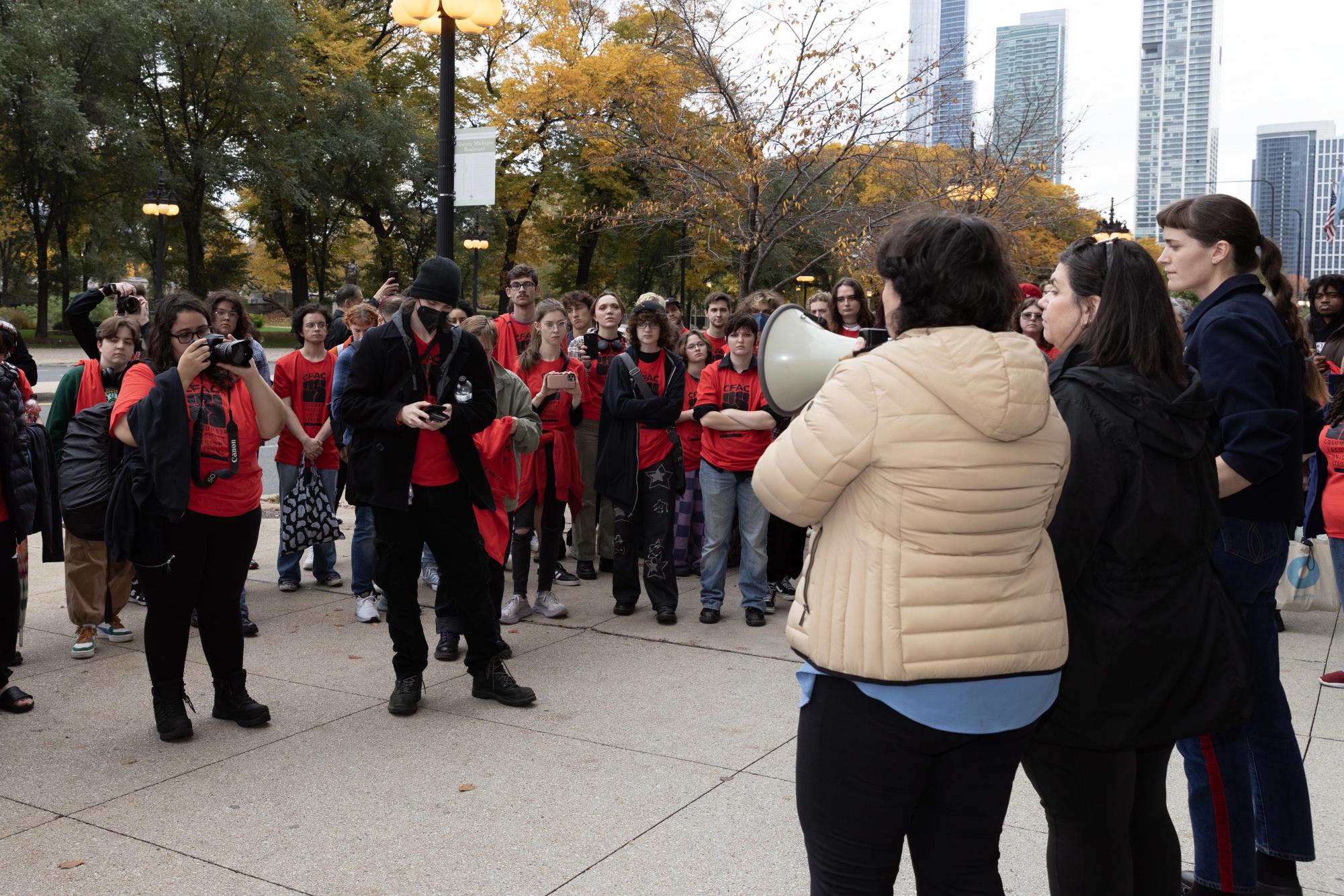
Nearly 70% of the classes scheduled on Monday, Oct. 30, the first day of the planned strike by the part-time faculty union, are taught by adjuncts, an independent analysis by the Chronicle found.
If the majority of part-time instructors honor the strike, the first since 2017, it has the potential to be a major disruption.
The Chronicle reviewed every course section scheduled on Monday – more than 500 – to see if it was taught by a part-time or full-time instructor. The college has 221 full-time faculty and 584 part-time faculty teaching this fall.
The union has ordered all part-time faculty to join the picket line regardless of whether they were eligible to vote to strike.
The union has said 88% of its eligible members voted to authorize a strike, although it has not provided the actual number or what percentage of all part-time instructors were eligible to vote. Some part-time faculty pay dues as a condition of employment but do not get to vote on contract issues.
Amanda Garza, a sophomore acting major, said some of her teachers have already discussed what would happen should a strike occur. Her Movement teacher, who is a part-time faculty member, will not be holding class during the strike.
Garza is not “too worried” about her classes taught by part-time instructors because they are all acting-related, and the assignments are projects that can be finished outside of class, she said.
But she is worried about how long the strike will last. She has questions about whether she will be able to finish the semester or if the semester might be extended.
“We already and still are paying for these classes and are not able to get the rightful education we deserve because our teachers and us students are not being treated fairly,” Garza said.
Of the sections scheduled for Monday, fewer than 200 are taught by full-time faculty, according to the Chronicle’s review. These classes should not be impacted by the strike, although some are being held on Zoom, students told the Chronicle.
Jazmine Alvarez, a first-year music major, said the part-time instructor who teaches her first class on Monday told students “it was canceled until further notice.” Her second class is taught by a full-time professor who is giving students the option to join via Zoom because of the strike.
Ken Amos, a first-year art history major, said they don’t want to attend any class during the strike in a show of support for the union.
“I personally would not attend lessons even taught by full-time professors,” they said. “However, I recognize that all of my professors, part-time included, want the best for me and are not purposely attempting to put a hold on my education. So I will be attending classes that are still officially being held.”
Haley Prince, a first-year musical theatre major, said most of her teachers have reached out by email “saying that they are just going to wait and see what goes on involving the strike to determine whether or not classes will be canceled, move to Zoom or put on hold completely.”
Most of her classes this semester are taught by full-time professors, Prince said. “But I have had a few teachers who are saying that they might strike to support some of the other part-time faculty.”
The college has said some classes taught by striking part-time instructors may be covered by a full-time faculty member. The union is calling on students to report any instructor who crosses the picket line.
One part-time faculty member who plans to strike sent a message to students with the union’s email address to report if any other instructor is teaching their course.
Some students, like sophomore creative writing major Sofie Wheelock, have concerns regarding financial aid and how it may be affected while classes are not being held.
“I’m feeling pretty anxious about it, obviously,” Wheelock said, adding that it’s hard knowing she won’t be able to talk to teachers who have canceled classes.
Repeating a union claim that has not been substantiated, Wheelock said she doesn’t support Columbia President and CEO Kwang-Wu Kim “making millions and giving himself bonuses when his school is suffering financially.”
But, she also has her own financial aid to consider, she said. “I get VA military benefits and I honestly would not be able to be at school without them. If the strike goes on for too long, I don’t know if I’ll receive the benefits I usually get for being enrolled and attending all of my classes. I’m just really nervous about that.”
Students are also concerned with potential class cuts. Sophomore photography major Dasha Matteri has one class this semester that counts toward her major, and it is taught by a part-time instructor.
“The other classes I am taking do not go towards my major or my minor, because all of the ones I needed or wanted filled up or I was cut from due to low enrollment,”’ Matteri said.
The college has said it is mostly cutting sections of courses that have low enrollment, which are costly to run without enough students. It also has announced plans to raise some course caps, mostly in survey and foundation courses. These new enrollment caps are listed in the Spring 2024 course catalog, released and announced by the college in an email Saturday, Oct. 28.
Doing so will allow the college to run more electives, Kim told students in an email.
But Matteri said two weeks before the fall semester started, she couldn’t get into classes she needed for her major.
The college is facing a $20 million deficit that it must close by 2026. College leaders have said they need to find a way to generate more tuition revenue, which is one of the reasons it is targeting retention of first-year students to get more of them to stay.
Overall, fall enrollment is around 6,500 students – about 450 students fewer than in the fall 2019 semester before COVID.
At the same time, the college has increased the amount of scholarships it is giving out.
“I’m concerned about the tuition money,” said Carla Garcia, a junior graphic design major. “I am paying out of my own pocket for school, and I know I am not the only student either. If the teachers aren’t getting paid then where is our money going?”
In light of the strike, Garcia said students should be getting back the amount of money they are paying that equals the length of the strike and the classes that aren’t held as a result.
“I don’t think it is fair for the school to continue charging us for the education we aren’t getting due to their mistakes,” Garcia said. “Money isn’t easy to come by and so many students have already been struggling due to the high cost of the school and being in Chicago in the first place.”








